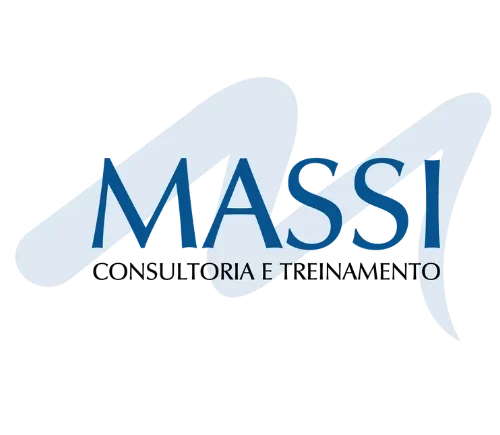Internal Fraud Is On The Rise – Are Your Internal Controls Ready?
 Employers have a number of reasons to be concerned about workplace fraud. Fraud costs a lot of money, ruins morale and can tarnish a company’s reputation. In tough economic times, many companies can’t afford to lose any more money. According to the latest Kroll Global Fraud Report, fraud concerns have increased sharply around the globe.
Employers have a number of reasons to be concerned about workplace fraud. Fraud costs a lot of money, ruins morale and can tarnish a company’s reputation. In tough economic times, many companies can’t afford to lose any more money. According to the latest Kroll Global Fraud Report, fraud concerns have increased sharply around the globe.
The report states that the average fraud costs companies 2.1% of earnings, which equates to a week’s worth of revenues a year. Eighteen percent of companies surveyed lost more than 4% of revenues to fraud, while 53 companies (1/4 of that group) lost more than 10% of revenues to fraud.
Fraud Report Findings
Here are the top three findings from the Kroll Global Fraud Report:
- “The level of concern expressed by companies increased sharply over the past year: Overall, concerns among executives around the globe rose between 10 – 15% for all of the frauds covered in the survey, led by information theft (50%) and corruption and bribery (47%).
- Internal fraud is on the rise: This year’s study shows that 60% of all fraud cases are committed by insiders, up from 55% last year. Among companies that were impacted by fraud, junior employees were the most likely perpetrators at 28% followed by senior management at 21% and intermediaries or agents for the company at 11%. This means that this year, 60% of all frauds committed were by someone who worked for the company in some way.
- Information theft, loss or attack continues to be a major threat to businesses worldwide: While the prevalence of information theft, loss or attack declined from 27% to 23%, half of companies surveyed (50%) said they are moderately to highly vulnerable to information theft, up sharply from 38% in 2010. Moreover, IT complexity is the leading cause of increasing fraud exposure, cited by 32% of respondents compared with 28% last year.”
Stronger Internal Controls Needed
If your organization is like most others, it cannot afford to ignore the risks of fraud. The report shows that more companies are worrying about fraud, however, they don’t seem to know where to start to implement anti-fraud measures. Since internal fraud is on the rise, taking a good look at the risks within your organization is a good place to start. Everything from the tone at the top to hiring the right people can help prevent workplace fraud.
Internal controls are all about reducing the opportunity for fraud to occur. Employees should only have access to the accounts and information they need in order to complete their job. Other methods for reducing the opportunity for fraud include:
- Segregating duties
- Ensuring proper authorization for transactions
- Providing independent checks on performance
- Using an anonymous reporting system
- Monitoring access to data, assets and systems
On a Budget
Many companies use money – or lack thereof – as an excuse for outdated or inadequate internal controls. A company of any size and budget can be capable of improving internal controls without breaking the bank. In an interview with Stephen Pedneault, Pedneault talked about the importance of internal controls and how anti-fraud measures don’t need to absorb your entire budget:
“Many small business owners say they don’t have the resources to segregate tasks, for example, which is one of the most important methods of fraud prevention. ‘I entirely disagree,’ says Pedneault. ‘I can take a company that consists of an owner and an employee and I could segregate the internal controls so long as the owner will be involved in the process and will take on some responsibilities. For example, whoever has access to accounts payable and has access to the cheque stock shouldn’t be the person who signs cheques, shouldn’t be the person who gets the signed checks back and shouldn’t be the person who mails the signed cheques out.’”
Fonte: Lindsay Walker is the corporate journalist at Customer Expressions Corporation, developers of the i-Sight investigative case management software platform, an integrated and customizable solution for corporate investigations. She maintains the company blog at http://i-sight.com.
